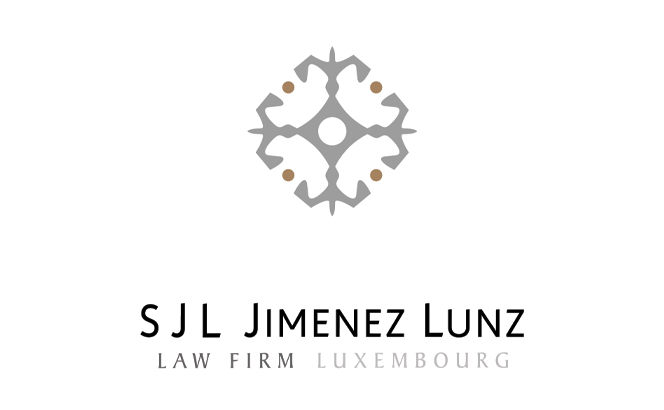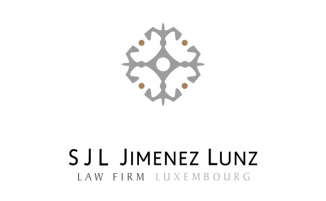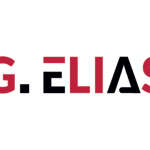1. What are the key regulatory bodies and laws that govern the banking and finance industry in Luxembourg, and how do they impact financial institutions?
The Luxembourg finance industry is mainly overseen by two regulatory bodies: the CSSF supervises the financial sector, while the CAA oversees the insurance sector. A merger control is currently being introduced through the Conseil de la Concurrence. The Luxembourg Central Bank manages financial stability and monetary policy, liaising closely with the European Central Bank (ECB) and the International Monetary Fund. Key legislations include the law of 5 April 1993 on the financial sector (LSF), which incorporates EU directives and sets professional, prudential, and conduct standards for financial entities. Separate laws govern banks issuing covered bonds (law of 8 December 2021) and insurance undertakings (law of 7 December 2015). Other significant laws touch on annual accounts, payment services, and the failure of credit institutions.
2. Can you explain the process and requirements for obtaining a banking licence in Luxembourg? Are there any recent changes or developments in this area?
The CSSF collaborates with the ECB to oversee credit institution authorisation in Luxembourg. As per the Law of 5 April 1993, to acquire a banking licence, entities start with prior authorisation, then apply for a licence delivered by
the Luxembourg Finance Ministry, entailing CSSF and ECB approval. The process lasts one to two years, excluding preparation. The application includes professional credentials, establishment rationale, proof of share capital, and details on infrastructure.
3. What are the common legal challenges that international financial institutions face when establishing operations in Luxembourg, and how do you help clients navigate these challenges?
Luxembourg’s dynamic financial landscape is guided by its evolving national and European regulatory frameworks, with the LSF being a cornerstone. Financial institutions must heed constantly updated Grand Ducal regulations and CSSF circulars. Primary financial entities include banks, investment firms, and insurance institutions. Operating from Luxembourg without necessary authorisation in Luxembourg is illegal unless with a EU passport. Initial decisions involve choosing the institution type and legal structure, with most opting for public limited companies. Despite Luxembourg’s stature as a financial hub, there’s a talent crunch, particularly in compliance roles, due to its size and intense demand. Fortunately, nearby regions, especially Belgium, France, and Germany, supplement this workforce demand. Foreign entities from the European Economic Area (EEA) can operate in Luxembourg following EU legislation. Applicants must disclose shareholder details; different ownership rules apply depending on the institution type. Engaging with authorities like the CSSF and CAA can be challenging for newcomers, which is why SJL’s and its partners’ reputation and experience greatly facilitates communication and information exchange with the regulators and competent ministries.
4. How does Luxembourg’s legal framework support the establishment and administration of investment funds, and what types of funds are most commonly used in the jurisdiction?
Luxembourg, the world’s second-largest funds venue, continuously modernises its investment fund legislation to remain attractive. The most prevalent in the fund industry are alternative investment funds, especially the reserved alternative investment funds (RAIFs), whose popularity has surged since the Luxembourg law of 23 July 2016. RAIFs often opt for the special limited partnership structure due to its contractual freedom. Other notable fund structures are the Specialised Investment Fund, Part II UCI, and Investment Company in Risk Capital, all regulated. Alternative funds face fewer stringent rules than retail funds like UCITS, enhancing their appeal. The Luxembourg law of 21 July 2023 introduced significant updates, including an extended timeframe for meeting capital requirements, refining the well-informed investors definition, and modernising subscription tax regimes and investment mandates.
5. Can you provide insights into the tax implications for foreign investors and financial institutions operating in Luxembourg, especially in the context of cross-border transactions?
In Luxembourg, financial institutions are taxed similarly to other corporations, encompassing corporate income tax and municipal tax (for institutions in Luxembourg-City). They are also liable for value added tax (VAT) and must register with the VAT-specific Luxembourg administration, AED. Notably, Luxembourg boasts a vast network of 86 double taxation treaties, many incorporating the OECD’s article 26.5, promoting information exchange between tax authorities. As an EU member, Luxembourg adheres to EU Regulations 1408/71 and 883/2004, streamlining social security coordination. Additionally, the country has 41 bilateral social security agreements in place.
6. Are there any recent legal or regulatory developments related to sustainable finance, green bonds, or environmental, social, and governance (ESG) investments in Luxembourg?
Luxembourg consistently updates legislation to stay at the forefront of renewable energy finance, highlighted by the first Green Bond issuance in 2007. In 2015, the Climate Finance Task Force was launched, focusing on sustainable finance initiatives. The Luxembourg Stock Exchange introduced the Luxembourg Green Exchange in 2016, leading in green bond listings. The Luxembourg Sustainable Finance Initiative was initiated in 2020. As of 27 June 2023, the European Commission expanded the list of climate change-contributing activities. Luxembourg’s finance industry aligns with UN’s 2030 Sustainable Development Goals, the EU’s 2050 environmental objectives, and various EU regulations like SFDR and Taxonomy Regulation. The CSSF oversees and ensures compliance, supported by frequent FAQs. Recent changes, notably the amended European long-term investment fund regime (ELTIF 2), provide additional flexibility and diverse structuring opportunities for investors.
7. What role does Luxembourg play in cross-border financial transactions and international finance, and how does your expertise assist in these areas?
Luxembourg, with its ‘AAA’ credit rating, is renowned for political stability, robust public finances, and economic resilience. As the world’s second-largest domicile for investment fund assets, housing over $6tn, it became a financial behemoth, especially after the growth of cross-border funds since the 1990s. Its regulatory clarity, tax benefits, and expertise position Luxembourg also as a pivotal hub in the debt funds sector. Chinese banks have increasingly chosen Luxembourg for their European headquarters, valuing its strategic gateway to Europe. Moreover, post-Brexit, global banks like Citibank and HSBC increased their presence by establishing their EU private banking headquarters.
SJL offers clients legal expertise in navigating the complexities of cross-border finance, from fund creation to liquidation, highlighting also Luxembourg’s advantages for international M&A and secured lending.
For more information contact:

Michel Jimenez Lunz
Managing partner
E: jimenezlunz@sjl-legal.com

Antoine Fortier
Partner
E: fortier@sjl-legal.com














